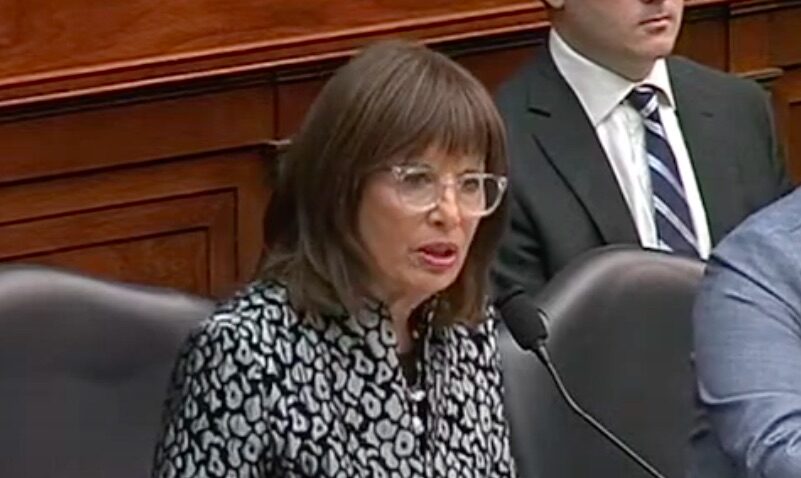WASHINGTON – Reports of sexual assaults in the military increased 13 percent between fiscal 2020 and 2021, but fewer people came forward to report those assaults, according to the Department of Defense.
The Pentagon is working to implement a series of 82 recommendations from the Independent Review Commission on Sexual Assault in the Military, created last year to address a chronic problem that has prompted action by Congress and the Biden administration.
Hiring about 2,000 sexual assault prevention professionals to be stationed globally is a top priority, Gilbert Cisneros, the undersecretary of defense for personnel and readiness, told lawmakers Wednesday.
Cisneros testified before the House Armed Services Committee’s military personnel subcommittee to give lawmakers an update on the implementation of the independent commission’s recommendations.
“While the numbers are deeply disappointing, they largely reflect the climate before the department began implementation of this historic reform,” Cisneros said during the hearing.
In the wake of the findings about increasing assaults in the armed services, Cisneros emphasized the DOD’s commitment to taking steps toward accountability, prevention and support for victims.
In the latest survey, 8.4% of active duty women and 1.5% of active duty men reported experiencing some form of unwanted sexual contact that year. That figure for women is the highest recorded to date.
The data also showed that 29% of active duty women and 7% of active duty men indicated experiencing sexual harassment in the military. These numbers reflect an increase for women compared to a survey conducted for the previous year and no increase for men overall.
The chairwoman of the House subcommittee, Rep. Jackie Speier, D-California, called the latest data “catastrophic news.”
“The crisis of military sexual assault and harassment continues unabated,” Speier said.
The subcommittee’s ranking Republican, Rep. Mike Gallagher of Wisconsin, said he was worried about leaders not being able to properly respond to sexual violence and burnout among professionals who support victims.
“This committee needs to know if those leaders are empowered to act or encouraged to take a hands-off approach,” Gallagher said.
The DOD’s report found that specialists who respond to sexual assault cases in the military experienced higher rates of burnout, compassion fatigue and vicarious trauma in the 2021 survey compared to a previous survey in 2018. Some of these responders also said COVID-19 restrictions created a challenge in connecting with victims.
“The prevention workforce is an integral part of what we’re going to do and what we need to in order to gain trust from our service members,” Cisneros said.
Gina Ortiz Jones, under secretary for the Air Force, noted during the hearing that changes to helping victims receive support is key to “basic connectedness” among members of the military.
“We know the importance of climate and culture and ensuring that we’ve got the right protective factors in place and a lot of this is tied to understanding of unit cohesion,” Ortiz Jones said.
President Joe Biden in January signed an executive order making sexual harassment a crime under the Uniform Code of Military Justice.
A law passed by Congress last year will take decisions about prosecuting sexual assault cases out of the military chain of command and instead be handled by special trial attorneys. The law takes effect late next year.

